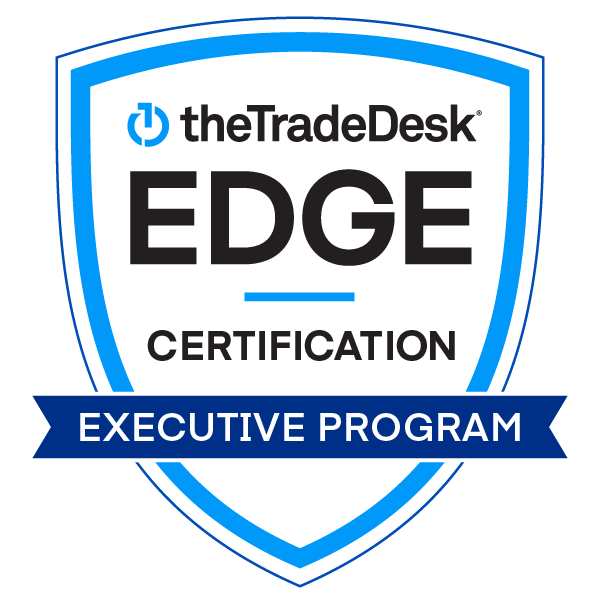 Remember the days when in-office happy hours and pool tables were the coolest thing employers could offer? It’s 2022 and employers need to find new ways to attract and retain workers in a post-pandemic world. Today, the comfort and convenience of working from home – wearing sweatpants all day and avoiding long commutes – is the top benefit employees value most.
Remember the days when in-office happy hours and pool tables were the coolest thing employers could offer? It’s 2022 and employers need to find new ways to attract and retain workers in a post-pandemic world. Today, the comfort and convenience of working from home – wearing sweatpants all day and avoiding long commutes – is the top benefit employees value most.
The Covid-19 pandemic showed us that many jobs can be performed from home, and employees aren’t ready to go back into the office. Before Covid (BC), work from home was a nice perk to have, but the standard corporate line was that productivity and collaboration suffered. When we were forced to adapt for our health and safety to maintain operations, we quickly realized that for most office workers who spend the majority of their day on computers or phone calls, we could, and we liked it.
BY THE NUMBERS
Here are some interesting remote work statistics that show us where we are today:
- 86% of employees want fully remote or remote first work environments (Buffer, 2022)
- 66% of employers are redesigning their workplaces to accommodate hybrid work arrangement (Microsoft Work Trend Index, March 2021)
- 58% of currently remote workers would look for a new job if they were required to return to the office full-time. (Robert Half, 2022)
- 24% of workers would be willing to take a 10-20% pay cut to work remotely (FlexJobs, April 2021).
- 55% say they work more hours remotely than at the physical office (Owl Labs, 2021)
- 70% said a permanent remote job would have considerable improvement or positive impact on mental health (FlexJobs, April 2021)
PROS & CONS
Remote working offers many advantages to employees including no long commutes, cost savings, work day structure and geographic location. On the flip side, concerns noted include inability to unplug from work, loneliness, less collaboration with coworkers and needing to schedule everything. Managers are concerned about career progression and mentorship especially with early career and entry level workers.
While come companies like SAP, Spotify, Salesforce, and Twitter have embraced the new normal and adopted permanent fully remote or hybrid work models, according to recent Microsoft survey, half of company leaders already require, or plan to require, that employees return to work full time in the office within the next year. Bank of America announced that as of March 1, 2022 all employees will have to return to the office five days a week. In an effort to ease the transition back, they are trying to make it fun, resorting to lots of staff lunches, birthday cupcakes and creating meetings they hope staff would be interested in.
WHAT CAN EMPLOYERS DO?
In an already tight labor market, employers now need to compete with organizations that offer fully remote or hybrid work models. Remote workers also allow employers to reach a wider talent pool geographically.
For employers who are unable to offer fully remote workplace, it’s time to get creative and find new ways to support employees and their overall well being. Options to consider include:
- Hybrid work model. (This can be defined in different ways including custom schedules in and out of the office, required in-person team meetings, etc)
- Flexible schedules. (Four day work weeks, flexible start and end times, etc.)
- Child care assistance
- Commuting incentives
- Increased paid time off
- Paid family leave
- Offering mental health days
- Investing in company culture and workplace experience
I was one of those lucky workers who was able to work from home throughout the pandemic. When it was first announced March 2020, I welcomed it, thinking I’d be home for 3 weeks, a month tops. On top of that, I was 7 months pregnant and it was the perfect time to nest. Thanks to my employer’s flexibility, even after my maternity leave ended, I was able to enjoy extra time home with my newborn daughter while balancing my work demands. While it has been a transition returning to the office, I embrace the opportunity to collaborate in person and socialize with my colleagues once again. And to be honest, I’ve never fully gotten used to zoom meetings.
Would I have been able to work remote as my first job out of college? I am so grateful for the mentorship and role models during my first years working. I met some of my best friends that I still have to this day. I would regret not having those opportunities to learn, grow and meet people.
References:
https://www.unum.com/about/newsroom/2020/december/work-perks
https://www.bizjournals.com/sanfrancisco/news/2022/03/31/bank-of-america-exec-on-return-to-office-plan-we.html
https://buffer.com/state-of-remote-work/2022
https://www.flexjobs.com/blog/post/remote-work-statistics/
 After falling ill about a week into January, I learned a thing or two about working remotely in the midst of an awful cold. I don’t know precisely what I had, but it featured body aches, sweats, chills, coughing, a stuffy nose, and pretty much everything in between. Yet, I still managed to get a good bit of work done from the comfort of my bed and couch.
After falling ill about a week into January, I learned a thing or two about working remotely in the midst of an awful cold. I don’t know precisely what I had, but it featured body aches, sweats, chills, coughing, a stuffy nose, and pretty much everything in between. Yet, I still managed to get a good bit of work done from the comfort of my bed and couch.

 Remember the days when in-office happy hours and pool tables were the coolest thing employers could offer? It’s 2022 and employers need to find new ways to attract and retain workers in a post-pandemic world. Today, the comfort and convenience of working from home – wearing sweatpants all day and avoiding long commutes – is the top benefit employees value most.
Remember the days when in-office happy hours and pool tables were the coolest thing employers could offer? It’s 2022 and employers need to find new ways to attract and retain workers in a post-pandemic world. Today, the comfort and convenience of working from home – wearing sweatpants all day and avoiding long commutes – is the top benefit employees value most.



